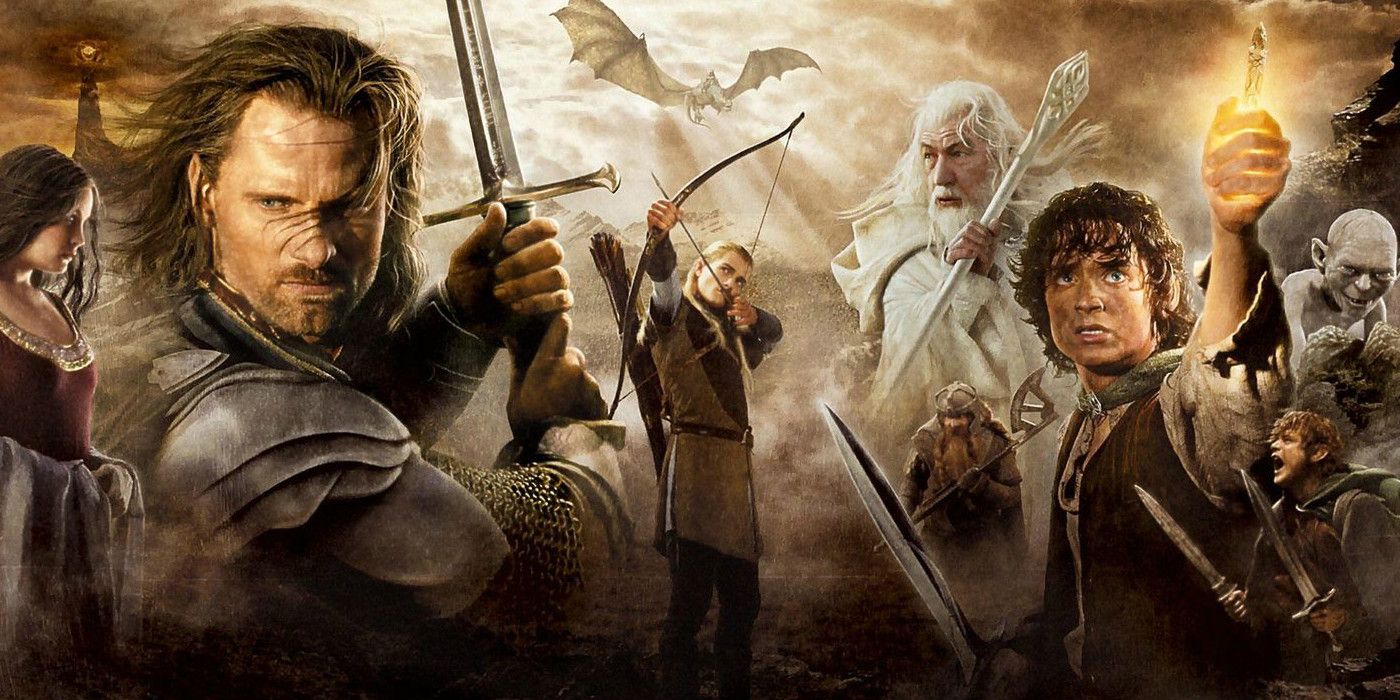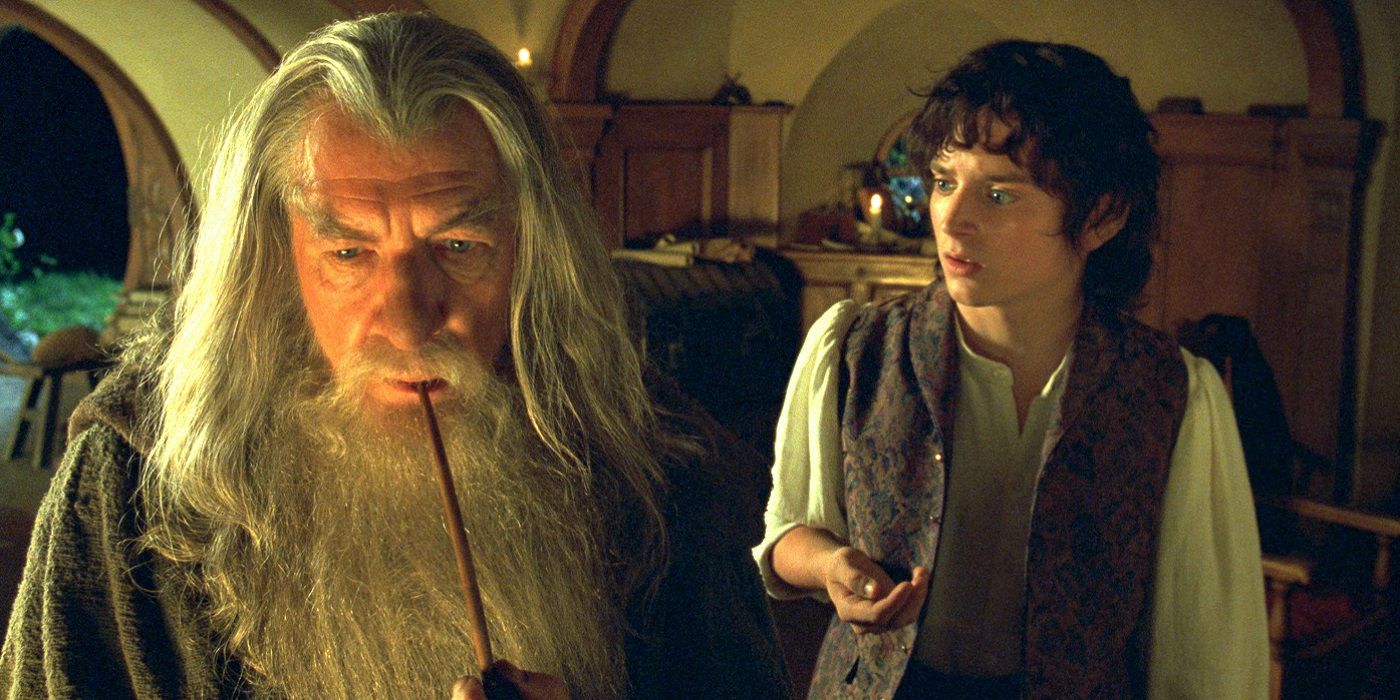The lawsuit between Warner Bros. and the estate of creator J.R.R. Tolkien over the digital rights to The Lord of the Rings and The Hobbit has finally been settled, after several years.
Produced by Warner Bros. subsidiary New Line and directed by Peter Jackson, the Lord of the Rings and Hobbit films have been massive successes that not only earned a tremendous amount of money for both parties, but introduced a whole new generation of fans to the long enduring fantasy tales of Middle-earth. The Lord of the Rings trilogy was also a breakthrough for the legitimization of genre filmmaking, as the final entry, The Return of the King, won a record setting eleven Academy Awards, including Best Picture. It remains the only fantasy film to earn that honor.
However, a problem arose in 2012. Per THR, the Tolkien estate and and publisher HarperCollins objected to Warner Bros.' use of the property in digital media. More specifically, the estate found an official online game, Lord of the Rings: The Fellowship of the Ring: Online Slot Game, to be offensive to the series' legacy. Tolkien's estate invoked a decades old contract to claim this constituted copyright infringement, that Warner Bros. was only authorized to create "tangible" merchandise for the series. Warner Bros. counter-sued, alleging Tolkien's estate had limited their ability to properly promote the earlier films and potentially cost them millions of dollars in revenue.
After years of surprisingly nasty squabbling, the Lord of the Rings/Hobbit lawsuit has been quietly settled. The terms of the deal are unknown, but the fact that upcoming mobile games like Middle-earth: Shadow of War are on the horizon suggest that the two sides came to an amicable solution to keep creating digital content.
This may be a sticky situation for massive franchises going forward. As the way movies and TV shows are promoted change, promotional avenues that some may find distasteful will have to be explored. It's perfectly understandable that J.R.R. Tolkien's estate would object to something like a mobile game, but Warner Bros. knows the reality of the situation - that to fully support these massive, nine-digit venture, they have to engage people in new and innovative ways. There's a genuine question concerning at what point the merchandising and promotion begins to have a detrimental effect on the art is is ostensibly servicing, and it will be a tricky balancing act for studios going forward to avoid that scenario.
NEXT: Lord of the Rings Gets Exclusive SDCC Funko Toys
Source: THR


